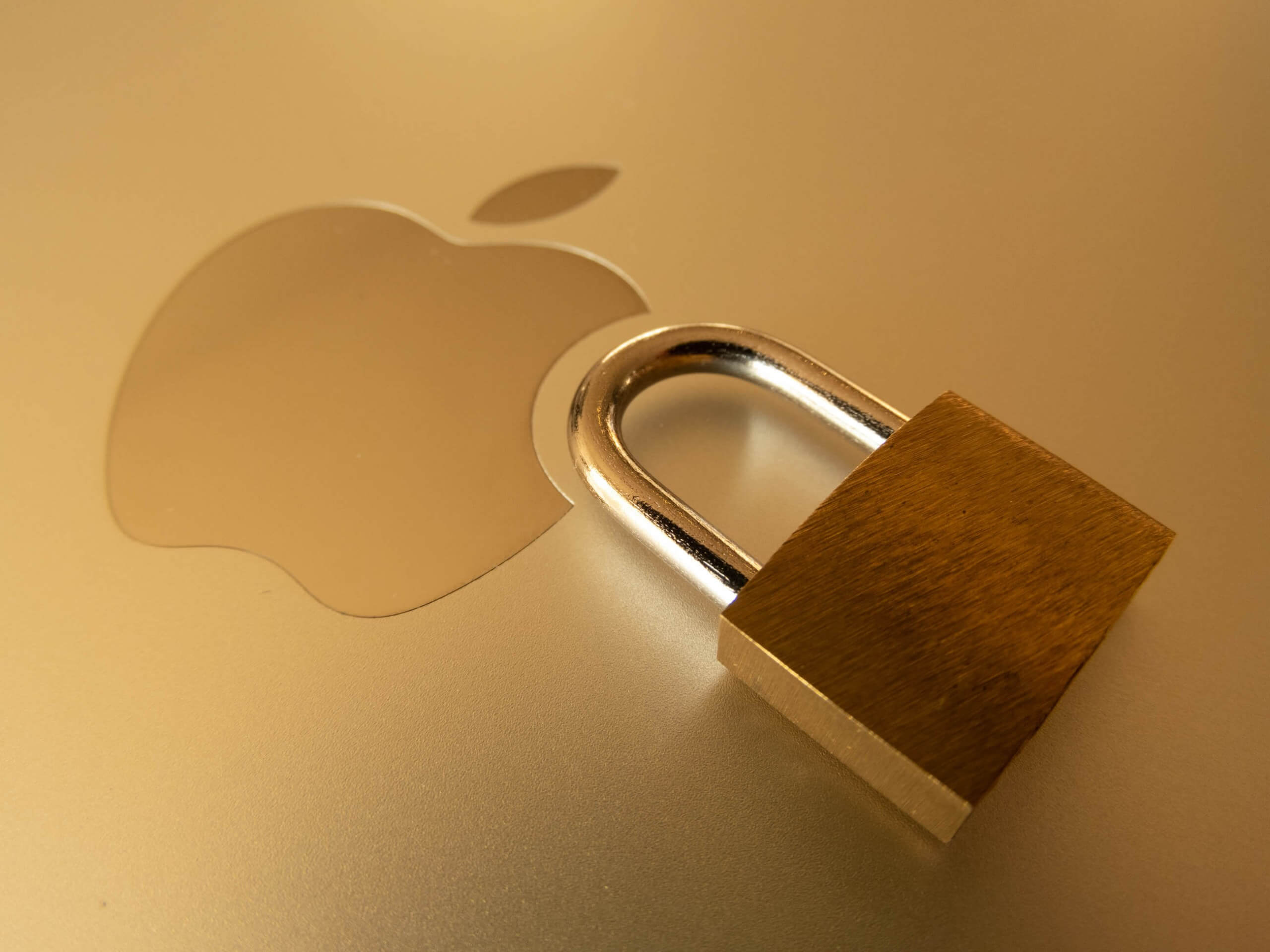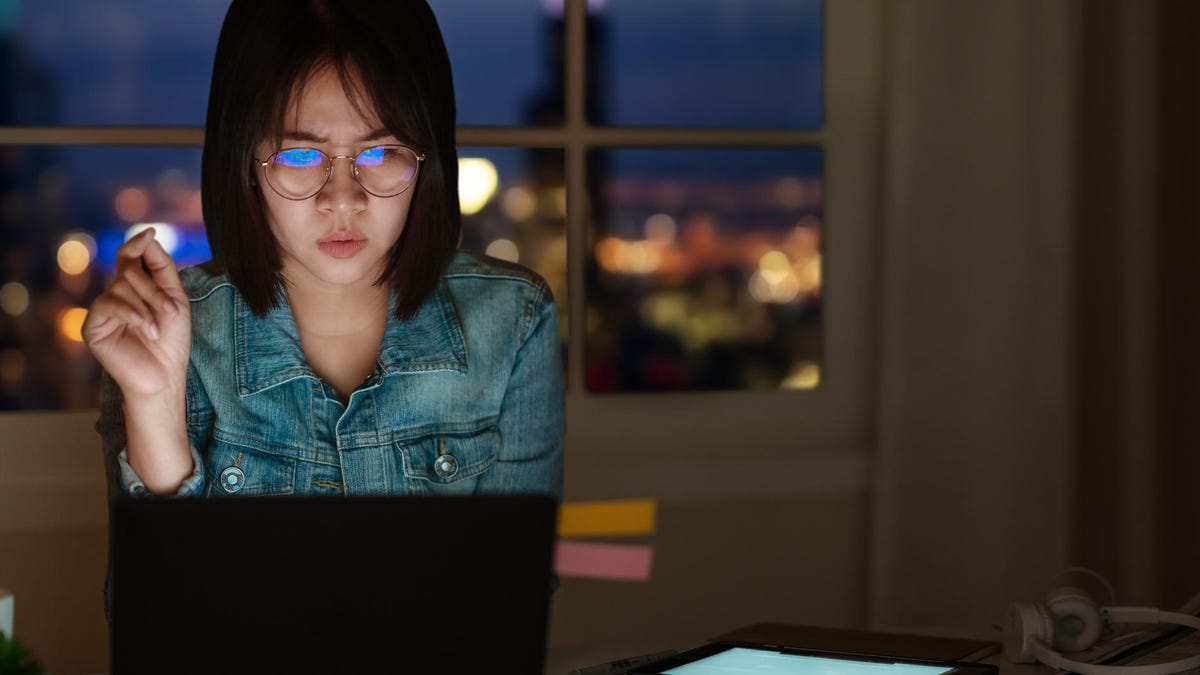A hot potato: The US Attorney General and the FBI think that they should be allowed access to any computer device during an investigation. They say that Apple's refusal to break the encryption on the Pensacola shooter's iPhone critically impeded the FBI's investigation.

The US Department of Justice issued a press release on Monday detailing information that the FBI had discovered on the phone of Mohammed Saeed Alshamrani. Alshamrani was the shooter who killed three and injured eight others at the Naval Air Station Pensacola on December 6, 2019.
The FBI obtained warrants for the information contained on the deceased man's iPhone and asked Apple for assistance opening it back in January. The Cupertino phone maker said it was fully cooperating with agents by providing all available iCloud data from the account, but could not or would not break the phone's encryption.
Attorney General William Barr and FBI head Christopher Wray were happy that the agency was finally able to crack the device after several months, but were displeased with Apple's "cooperation."
"Thanks to the great work of the FBI – and no thanks to Apple – we were able to unlock Alshamrani's phones," said Barr. "The trove of information found on these phones has proven to be invaluable to this ongoing investigation and critical to the security of the American people."
The data recovered showed that Alshamrani had links to Al Qaeda in the Arabian Peninsula. It also provided insight into the now-deceased terrorist's actions in the years leading up to the attack. However, it came at what both officials say was an unnecessary expense.
"Public servants, already swamped with important things to do to protect the American people—and toiling through a pandemic, with all the risk and hardship that entails—had to spend all that time just to access evidence we got court-authorized search warrants for months ago," Wray said. "Our engineers and computer scientists working to access these phones were also needed on other, pressing, national security and criminal investigations."
Apple insisted in January that it had fully cooperated with law enforcement, even nixing plans to encrypt iCloud data so that it could comply with future warrants. However, when it comes to weakening the security of physical devices, such as by installing a "backdoor" for officials, is where Cupertino draws the line.
Its defense lies on the fact that as long as there is a way in for LEOs, hackers will find a way to exploit it. This is not a far-fetched notion, as we see a myriad of intrusion vectors used by black hats almost weekly. One more entry point provides yet another weakness for them to target.
Barr disagrees, saying that there must be a way to have his cake and eat it too.
"Privacy and public safety are not mutually exclusive," the AG told the press this morning. "We are confident that technology companies are capable of building secure products that protect user information and, at the same time, allow for law enforcement access when permitted by a judge—as Apple had done willingly for many years, and others still do today."
TechSpot has reached out to Apple for comment and will update you when we hear back.
Image credit: Robert Coolen

